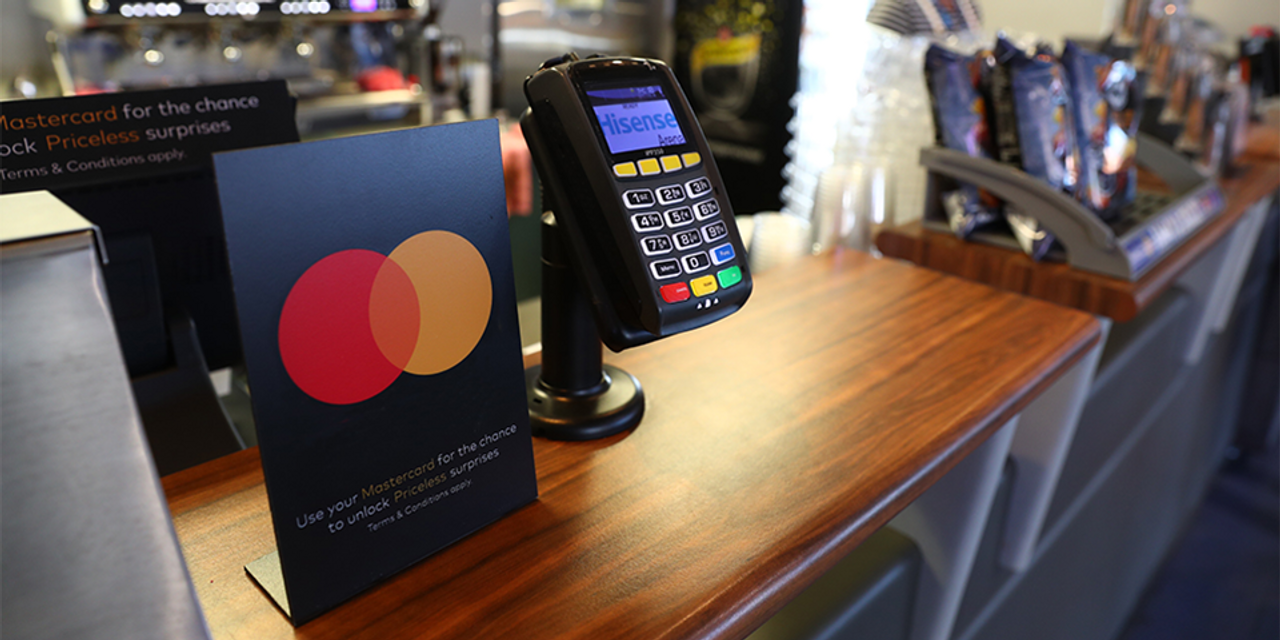Mastercard Inc. became the latest payments company to signal upbeat spending trends as the card giant posted a sizable earnings beat and said it had yet to see notable impacts from inflation on its volumes.
The company’s second-quarter net income increased to $2.28 billion, or $2.34 a share, from $2.07 billion, or $2.08 a share, in the year-earlier period. Analysts tracked by FactSet were modeling $2.34 a share in earnings on a GAAP basis.
After adjustments, Mastercard
MA,
earned $2.56 a share in the quarter, up from $1.95 a share a year prior, while analysts were projecting $2.36 a share.
Revenue at Mastercard rose to $5.50 billion from $4.53 billion and came in above the FactSet consensus, which was for $5.27 billion.
“Increasing inflationary pressures have yet to significantly impact overall consumer spending but we will continue to monitor this closely,” Chief Executive Michael Miebach said in a release. “We have a well-diversified business model and the demonstrated ability to deliver strong operating margins through up and down cycles.”
He called consumer-spending trends “robust.”
Gross dollar volume increased 14% on a local-currency basis in the second quarter, while cross-border volume was up 58%. Mastercard reported 12% growth in switched transactions.
Mastercard’s results come on the heels of upbeat reports from American Express Co.
AXP,
and Visa Inc.
V,
over the past few days. Amex’s CFO told MarketWatch that the company was seeing “no signs of any stress from a credit perspective,” while Visa’s CFO said on an earnings call that the company had seen “no evidence of a pullback” in consumer spending.
Both Visa and Mastercard have gotten some recent attention after The Wall Street Journal reported Wednesday that senators were considering proposing card-routing legislation that would seek to give merchants the option of processing credit transactions through an “unaffiliated” network that was different than whichever of Visa or Mastercard was listed on a given card.
Such a bill has yet to be introduced, however, and even if it were, analysts were unsure whether it would be a major priority or win enough favor to pass.
